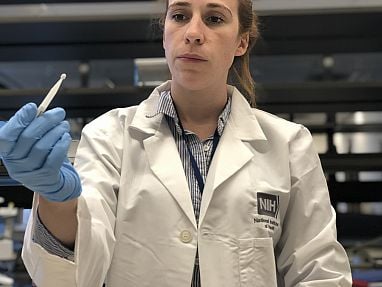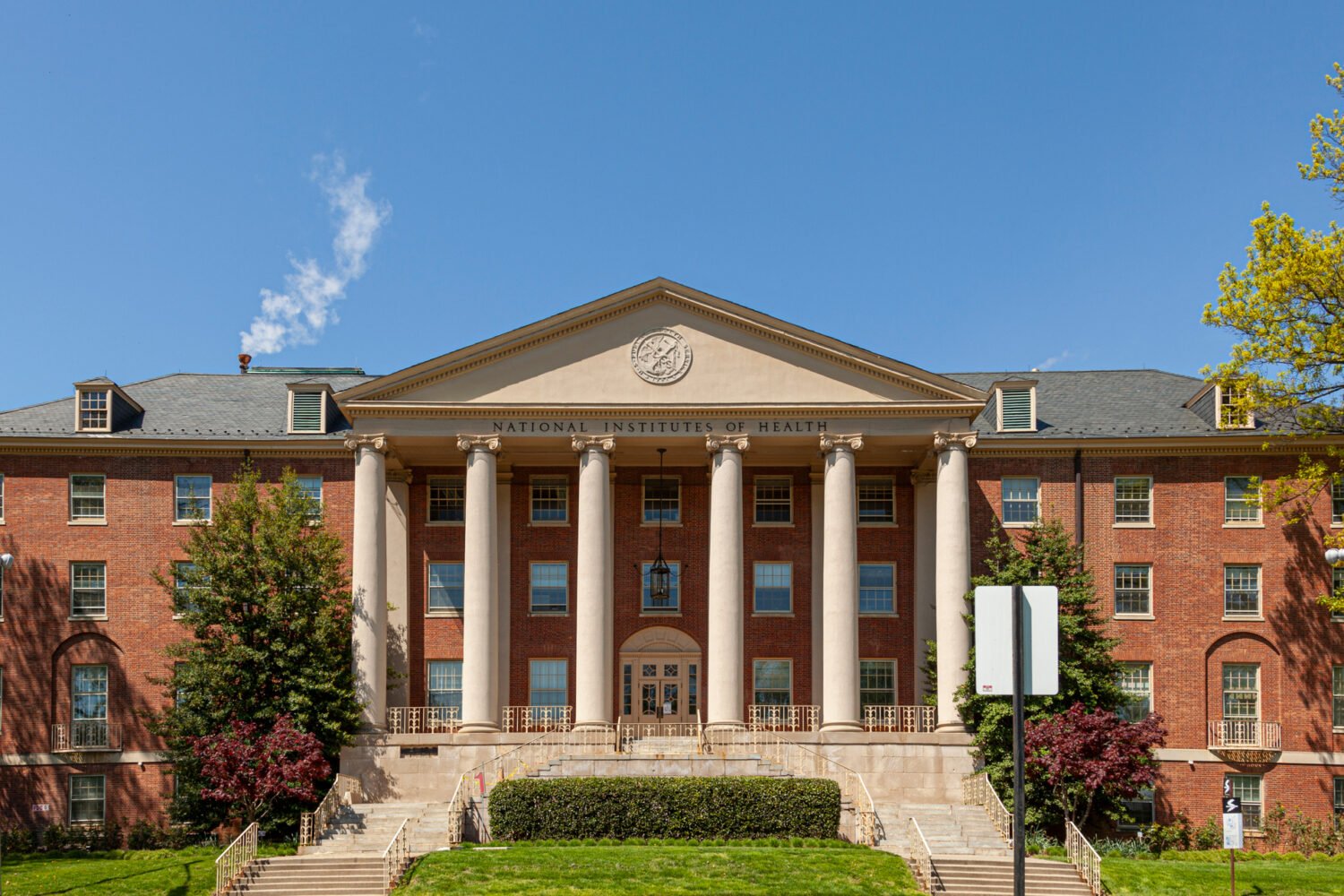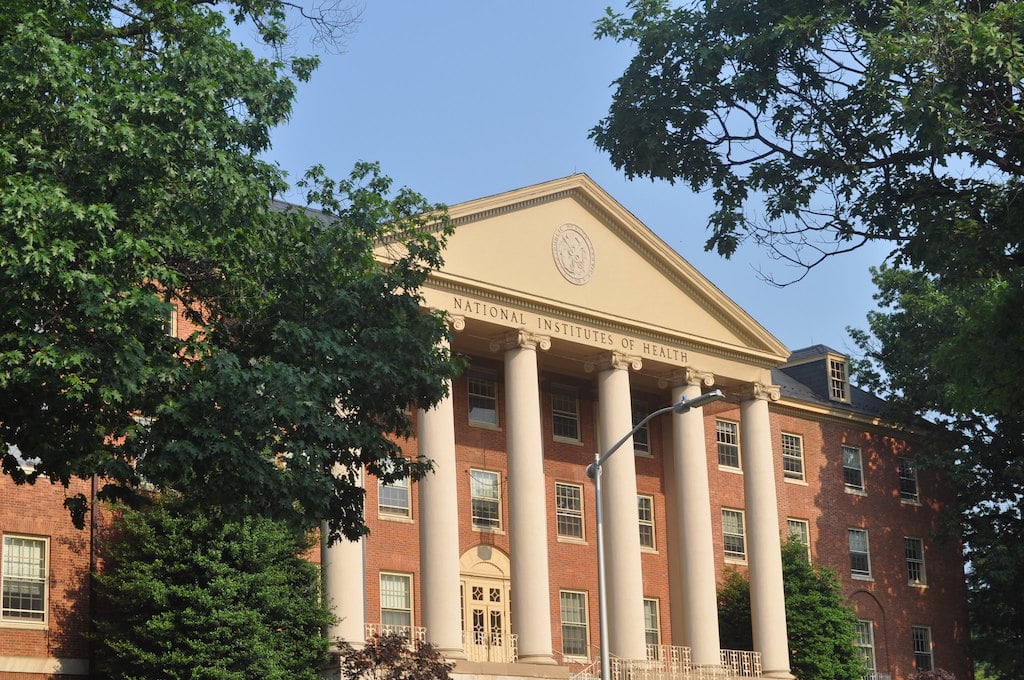About Coronavirus 2020
Washingtonian is keeping you up to date on the coronavirus around DC.
The division of NIH headed by Dr. Anthony Fauci has just rolled out a serological study to try to determine how many adults in the US have antibodies to the coronavirus that causes Covid-19. And it’s looking for volunteers.
The researchers are planning to study blood samples from up to 10,000 people from across the country. If you’re over 18, willing to give consent over the phone, and willing either to go to the NIH in Bethesda for a blood draw or take a “micro-sample” — basically, finger pricks — of your own blood at home with a test kit, you may be able to participate. If you’ve previously been diagnosed with Covid-19, you’re ineligible.
“Researchers have considerable experience using these at-home blood collection kits to track the spread of other infectious diseases like influenza, and this method is safe, effective and easy-to-use,” Kaitlyn Sadtler, Ph.D., study lead for laboratory testing and chief of the National Institute of Biomedical Imaging and Bioengineering’s section for Immunoengineering, said in a news release. “With a small finger-pick, volunteers can help scientists fight COVID-19 from their homes.”
A spokesperson for National Institute of Allergy and Infectious Diseases, which is conducting the research with the NIBIB, says that as of Monday, April 13 — day-5 of the study — about 100 people have already successfully enrolled.
Researchers are looking to get certain sample numbers from different parts of the country so right now enrollment is open to anyone, but it may be limited once caps for various areas are hit. To volunteer, send an email to: clinicalstudiesunit@nih.gov. Be patient; a spokesperson says it may take some time (days to weeks) to hear back after volunteering. (If you live in the DC area, by the way, you aren’t required to go to NIH for the blood draw.)
The goal is to enroll people — and generate data — as quickly as possible. One thing to know: NIH doesn’t expect to provide volunteers with quick results from their blood tests. According to this fact sheet, the researchers will be analyzing the data for some weeks or months after collection, to confirm accuracy. You’ll be able to request your results, but it’ll take some time. The instant gratification here? Doing something (from the comfort of your couch!) for the greater good.




















